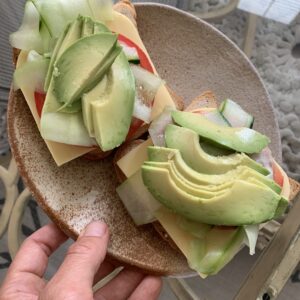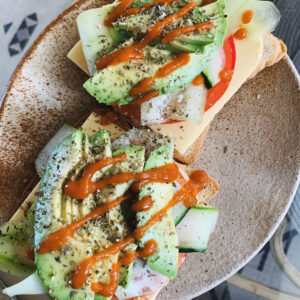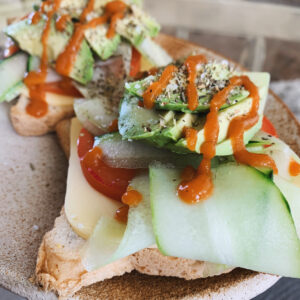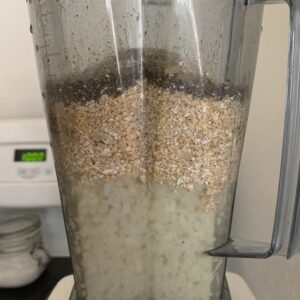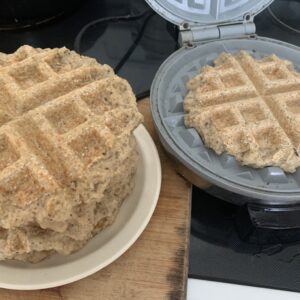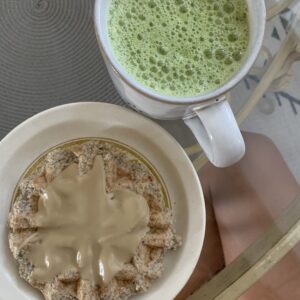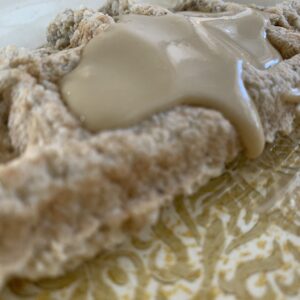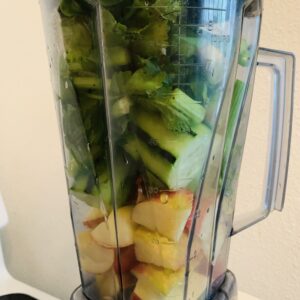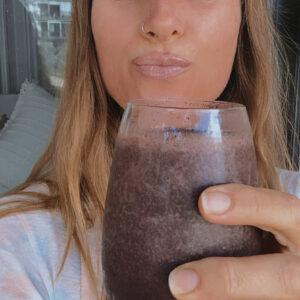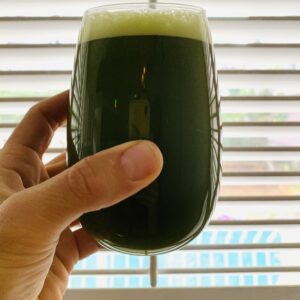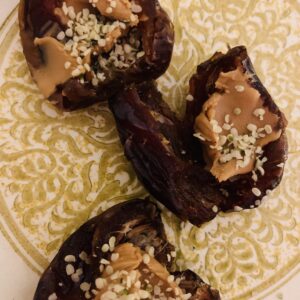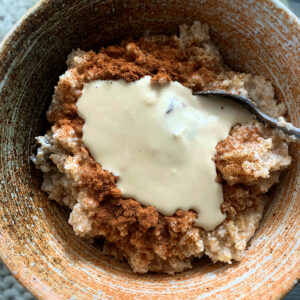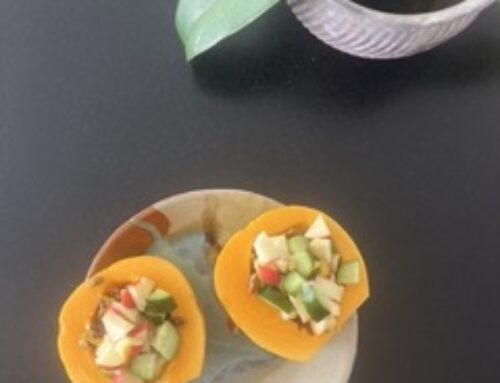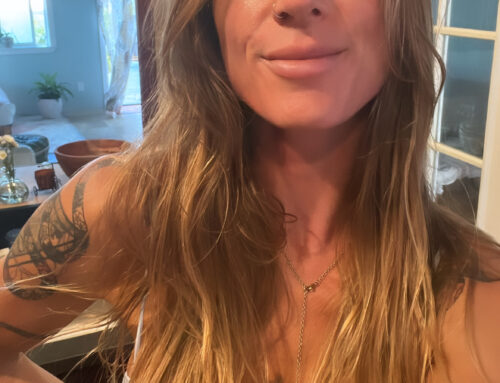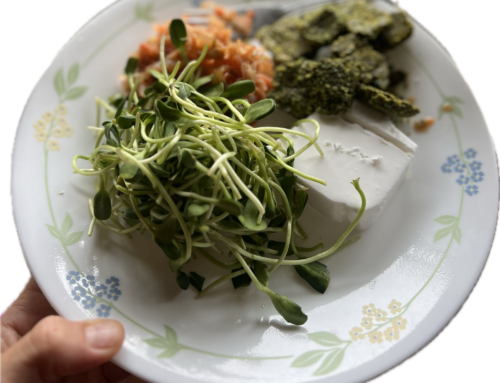It’s important to understand our hunger – because when we don’t we end up feeding our bodies not from our hunger but from our lack of understanding.
Let me explain.
I ask how you define your hunger because at one stage in my early life I didn’t know how to define mine. I didn’t know that the absence of fat would cause my skin to turn grey and my hair to fall out. I didn’t understand the ravenousness that would follow a year or two of starving myself. So when I fed that ravenousness I stuffed myself until I exploded. Because I was hungry. Because I didn’t understand.
I didn’t understand that I could be hungrier some days more than others. I didn’t understand that that was okay. I didn’t understand that I had an internal system orchestrated in the perfect balance to keep me alive and thriving. I didn’t know I could fuck it up. I didn’t know that hormones dictated how I felt much of the time and that food fed more than my stomach. I didn’t understand that at the ripe age of 16 the world that was inside of me could be so vulnerable to the world outside of me. I didn’t know it mattered. I had no knowing.
I didn’t understand that I could put food above people. I didn’t know that relationships could feed me. I didn’t understand why I’d run from intimacy but throw myself at food. Maybe because food didn’t judge? I didn’t understand that food and intimacy had so much in common because both required that I trust that I could eat unabashedly as much as I could be with another person without shame. Eating and shame were just so…inextricably linked.
We need to define our hunger from our understanding – or our hunger will define us.
Food is about eating as much as it’s about psychology. Understanding doesn’t bring peace as much as it brings momentum. We clarify much of our ambivalence with understanding. We get out of stuck places with understanding. We’re motivated by understanding. Even so, understanding can make us sad, lonely and confused. Understanding is uncomfortable. But understanding is better than being numb to our sabotage. Understanding isn’t enough but it’s better than lacking it.
Let me explain why understanding food isn’t enough. Understanding our hunger gets confused with understanding food metrics. It’s insufficient to know that some food is healthier than others. It’s insufficient to know that carbs are good one year and then bad the next, that fat is all the rage one season but then shunned the next, that protein is crucial through one medium but absent through another. It’s not enough to understand food because understanding food isn’t coming from your body, it’s coming from the paid ads, from doctors and from the government. Media, the medical industry and the government don’t care about your hunger. Your hunger is too much for them to comprehend so they just tell you what to eat because it has moral value to them but little do you know that their impositions equate to marketing value.
You can be hungry for money but you can’t eat it.
This is the therapeutic metaphor of food, eating and your body.
Still with me?
Understanding is a cognitive process. Intuition is cultivated – which is why the stories, the people, the plot, the scene, the character set all matter in how that prowess is honed. We say, don’t give children too many options but at least give them two. When children aren’t given options, even limited ones, they’re not provided the rein to decide. The loose grip. The freedom. The trust. When children don’t establish trust young establishing trust as adults is slow going. Trust gets robbed from us pretty early on if you haven’t caught wind.
Food and psychology. Food & therapy. Therapeutic Eating. Morality and neutrality are not one and the same. Let’s not confuse food as good or bad but let’s also not confuse Fruit Punch for a Banana. Does that make sense? There’s nothing inherently wrong with a Dorito, it’s not the Dorito’s fault it was made in a factory and designed to be hyper palatable. Yet, a Dorito vs a Rice cracker is not a neutral argument even if the caloric value is the same. Food is not neutral nor is it good or bad. Some food is just better for your health, healing, body, mind and overall longevity. It matters what you care about. Some people don’t care if you haven’t noticed. And that’s okay. It’s not your job and it’s certainly not mine to convince anyone to care that what they eat makes a MASSIVE difference in their life experience. Why? Well, depression and obesity sometime speak louder than you or I. Global pandemics speak louder than you or I. The funny thing is that even with these rampant immune sucking conditions we continue to miss the mark – and that’s okay too. You’ll make yourself sick trying to wake anyone up to getting better.
So how can Therapeutic Eating even help if it’s not my job or your job to change the world with what we’re eating? For starters, it’s only our job to live and live well. Not to change others. Wellness is a small ripple in a placid lake. Sickness is like a motor boat raging through that lake at 7 a.m. Which one will wake you up first?
So, if what you care about matters then it matters what you value – which are one and the same but get overlooked too often in instances of self sabotage.
Do you value waking up attuned to your body? Do you value choosing foods that enhance your life experience. Do you value both taste and function?
If so, then feed your values.
Eat your values.
Because you can.
They’re delicious.
In closing. Your hunger is not too much for me. In fact, I crave what you crave. It’s my job to help you unravel your hunger so that you can move placidly through your life amidst its inherent chaos.
XO Katie
- Gluten Free Bread + Field Roast vegan cheese
- + shaved cucumber, sliced tomato & avocado
- + yellow bird hot sauce
- Cauliflower + Oats + Chia
- Waffles
- Cauliflower/Oat Waffles with a Matcha Latte
- And a large drizzle of tahini
- A green drink – a balance of fruits and veggies blended with water
- It’s a pretty happy combination
- Celery/Cucumber/Apple Blender Juice (strained)
- Potato Salad with a cider & mustard vinaigrette
- Frozen dates with peanut butter and hemp seeds
- Oatmeal with cinnamon & tahini
- Frozen banana + Lily’s dark chocolate + pistachios


